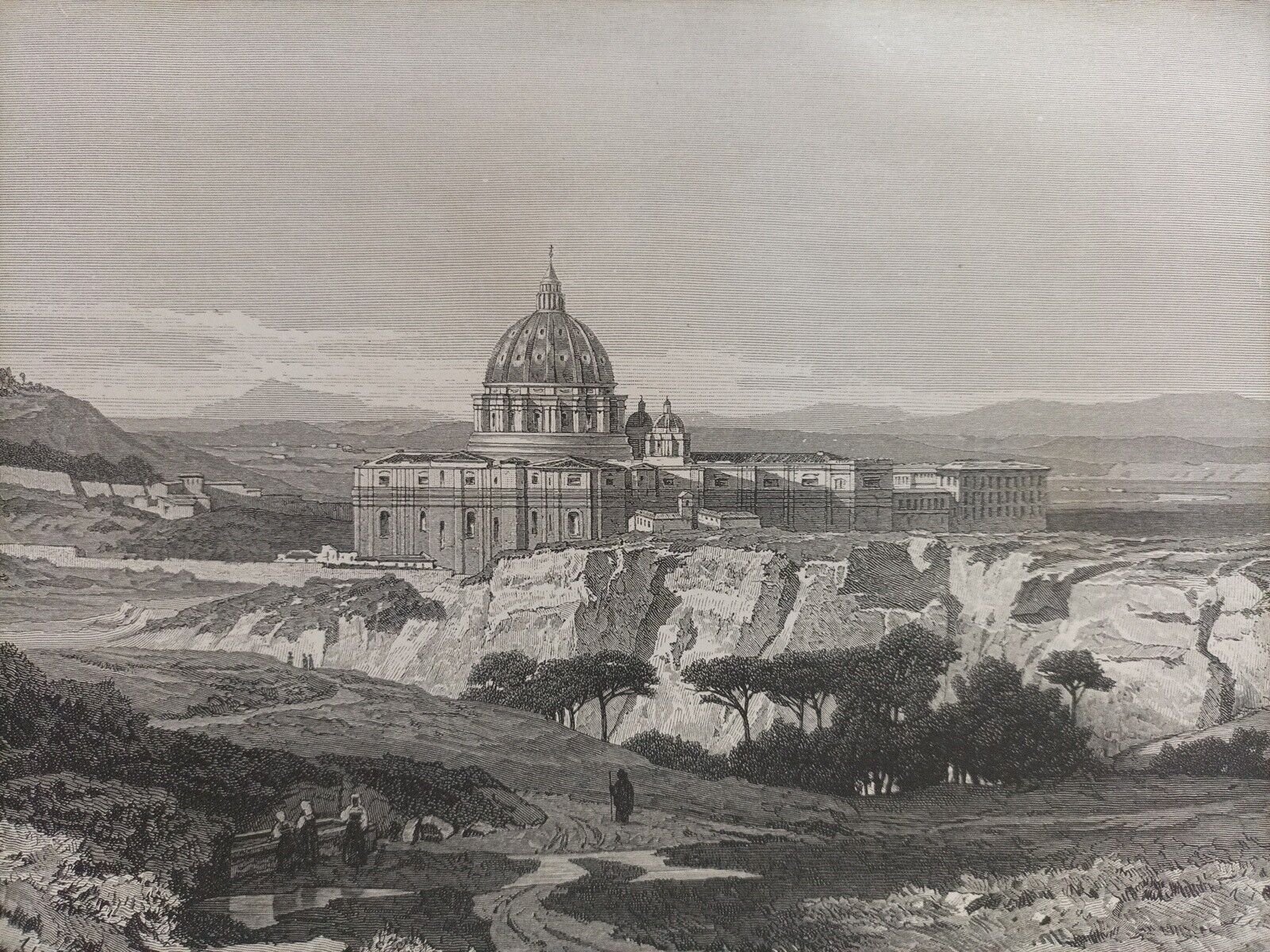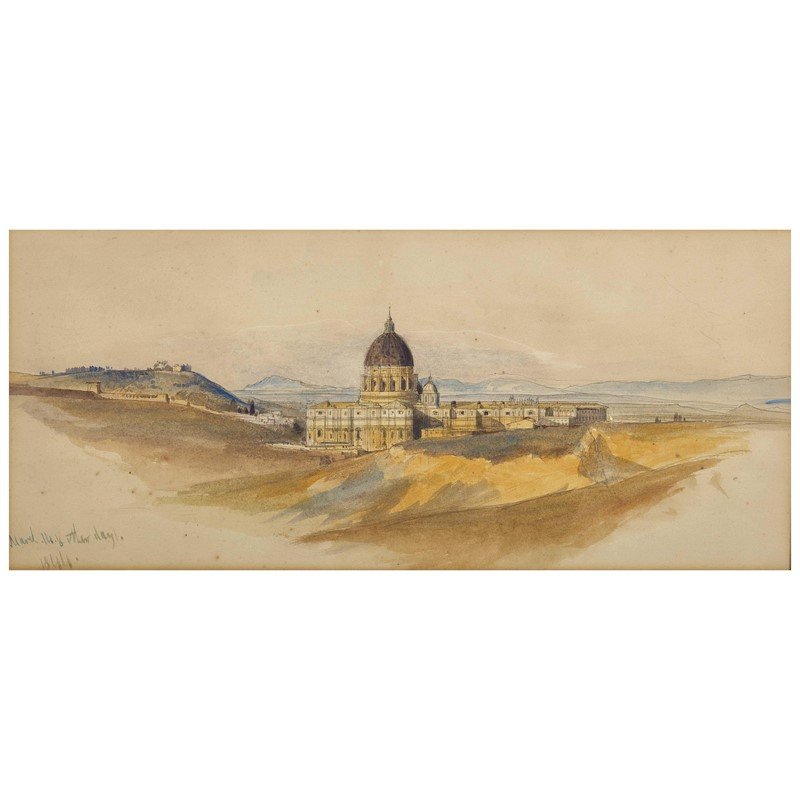



Nomentano and Salario Bridge Rome 1760
Very fine pair of oil on canvas paintings depicting picturesque landscapes featuring Ponte Salario and Ponte Nomentano spanning the Aniene River in Rome. These exquisite works are housed within elegantly carved wood frames, richly gilded with gold leaf, exemplifying the craftsmanship of their time.
Attributable to the workshop or circle of the renowned Roman landscape painter Paolo Anesi, active during the second half of the 18th century, circa 1760, these paintings encapsulate the idyllic beauty and historical significance of Roman scenery. The early 19th-century frames enhance the allure, creating a harmonious balance between art and architecture.
The dimensions of the canvases alone measure approximately 14 x 40 cm, while framed they elegantly extend to approximately 29 x 56 cm. Both paintings are in excellent condition, maintaining their integrity and charm, commensurate with their age. A splendid addition for any discerning collector of fine art.
Nomentano and Salario Bridge Rome 1760
Very fine pair of oil on canvas paintings depicting picturesque landscapes featuring Ponte Salario and Ponte Nomentano spanning the Aniene River in Rome. These exquisite works are housed within elegantly carved wood frames, richly gilded with gold leaf, exemplifying the craftsmanship of their time.
Attributable to the workshop or circle of the renowned Roman landscape painter Paolo Anesi, active during the second half of the 18th century, circa 1760, these paintings encapsulate the idyllic beauty and historical significance of Roman scenery. The early 19th-century frames enhance the allure, creating a harmonious balance between art and architecture.
The dimensions of the canvases alone measure approximately 14 x 40 cm, while framed they elegantly extend to approximately 29 x 56 cm. Both paintings are in excellent condition, maintaining their integrity and charm, commensurate with their age. A splendid addition for any discerning collector of fine art.
Paolo Anesi (1697–1773) was an Italian painter of the 18th century, active mainly in painting capriccios and landscapes (vedute) in the style of Giovanni Paolo Pannini.
Born in Florence, he trained with Giuseppe Bartolomeo Chiari and Bernardino Fergioni. He was admitted to the Accademia di San Luca and to the Congregation of the Virtuosi of the Pantheon (1747).
He collaborated with Paolo Monaldi in a number of works, described as Bambocciata or genre scenes with peasants. Anesi contributed the landscape and architecture. Together they were hired in 1763-1766 by Cardinal Flavio Chigi to decorate his villa outside of Porta Salaria. These frescoes and paintings were removed and sold, and consisted of large canvases depicting:
Landscape with Vista of Borgheto
Fantasy Landscape (Capriccio) of Lazio with dancing figures and river
Vedute of Ariccia
Fantasy Landscape (Capriccio) of Roman Ruins and Figures
Among his pupils was Francesco Zuccarelli. Anesi completed also a Views of Rome series containing both The Colosseum and the Arch of Constantine.








